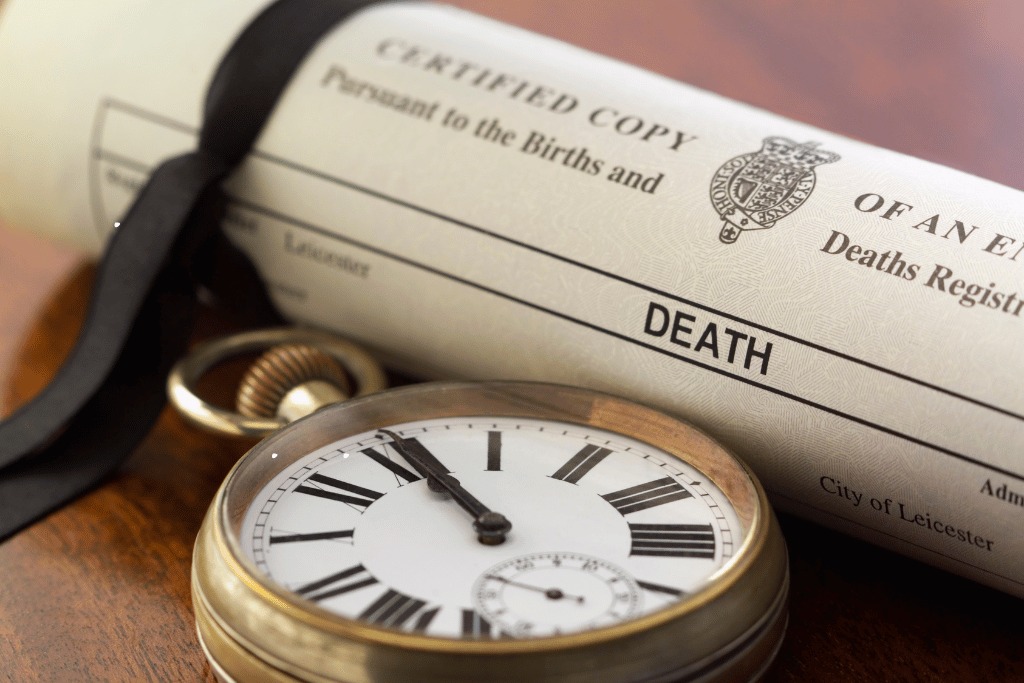How Long Do You Have to File a Wrongful Death Claim?
Losing a loved one is one of the most painful experiences anyone can face. When that loss happens because of someone else’s negligence or wrongdoing, the grief is often mixed with confusion and questions about legal rights. In such difficult times, hiring a wrongful death claim lawyer can provide the guidance and support families desperately need. One of the most important things to understand after such a loss is the time limit you have to file a wrongful death claim. This time limit, known as the statute of limitations, plays a critical role in whether your family can pursue justice and compensation.
What Is a Wrongful Death Claim?
A wrongful death claim is a legal action brought by the surviving family members or representatives of a deceased person. It is filed when the death was caused by another party’s negligence, recklessness, or intentional misconduct. Examples include fatal car accidents caused by a distracted driver, medical malpractice, workplace accidents, defective products, or even criminal acts like assault.
The purpose of this claim is to hold the responsible party accountable and to provide financial compensation to the family members who may have lost income, care, and emotional support due to the death.
What Is the Statute of Limitations?
The statute of limitations is a law that limits the amount of time you have to file a lawsuit after an injury or death occurs. These laws exist to promote fairness by encouraging timely resolution of cases while evidence and witness memories remain fresh. It also prevents defendants from facing lawsuits indefinitely.
In wrongful death cases, the statute of limitations determines the deadline to file a claim in court. Missing this deadline usually means the court will dismiss your case, no matter how strong it may be.
How Long Do You Have to File a Wrongful Death Claim?
The time you have to file a wrongful death claim depends on the state where the death occurred. Most states set this limit between one and three years, but the exact time frame varies.
- Some states, such as Texas and Virginia, have a one-year statute of limitations for wrongful death claims.
- Many states, including California and New York, provide two years to file a claim.
- A few states allow three or more years under certain circumstances.
Because the statute of limitations varies widely, it is crucial to check the laws in your specific state or consult a qualified wrongful death attorney to determine your deadline.
When Does the Clock Start?
In most cases, the statute of limitations begins on the date of the victim’s death. For example, if a person is injured in an accident but dies weeks later, the countdown typically starts on the day of death, not the day of injury.
However, some states apply what is called the “discovery rule” in specific cases. This means if the cause of death was not immediately apparent—such as hidden medical malpractice—the clock may start when the family discovers or reasonably should have discovered the cause of death.
Exceptions and Special Circumstances
Several exceptions can affect the statute of limitations in wrongful death claims.
Minors and Incapacitated Individuals
If the person entitled to file a wrongful death claim is a minor or mentally incapacitated, the deadline may be paused or extended until they reach adulthood or regain capacity. This protects those unable to act on their own behalf.
Claims Against Government Entities
Wrongful death claims against government agencies often have shorter filing deadlines, sometimes as little as six months. These claims usually require special notice procedures before filing a lawsuit.
Fraud or Concealment
If the defendant intentionally concealed information related to the wrongful death, some states allow the statute of limitations to be extended from the date the fraud was discovered.
Why Is It Crucial to File on Time?
Filing a wrongful death claim within the statute of limitations is essential because:
- Courts typically dismiss cases filed after the deadline regardless of merit.
- Early filing ensures evidence and witness memories are still reliable.
- It increases the chances of reaching a fair settlement or winning at trial.
- It helps families secure financial support when they need it most.
Missing the deadline can mean losing the chance for justice and compensation forever.
What Happens If You Miss the Deadline?
If a wrongful death claim is filed after the statute of limitations expires, the defendant will likely ask the court to dismiss the case. Once dismissed, the family loses their right to seek compensation for funeral costs, lost income, and emotional suffering.
Exceptions to this rule are rare and usually involve extraordinary circumstances such as fraud or if the claimant was a minor at the time of death.
How a Wrongful Death Attorney Can Help
The period following a loved one’s wrongful death is emotionally overwhelming, and navigating legal deadlines can be confusing. Hiring an experienced wrongful death attorney can make a significant difference by:
- Explaining your rights and deadlines clearly.
- Investigating the facts and gathering evidence.
- Handling communication and negotiations with insurance companies.
- Filing your claim on time and representing you in court if needed.
- Fighting for fair compensation to cover medical bills, funeral expenses, lost wages, and pain and suffering.
Having professional guidance helps you focus on healing while your attorney works to protect your family’s future.
Final Thoughts
The statute of limitations for wrongful death claims is a vital deadline that no grieving family should overlook. Understanding how much time you have to act can prevent losing your right to pursue justice and compensation.
If you suspect your loved one’s death was caused by another’s negligence or misconduct, contact a wrongful death attorney immediately. Acting quickly protects your family’s rights and helps you secure the financial support needed to move forward after a heartbreaking loss.







